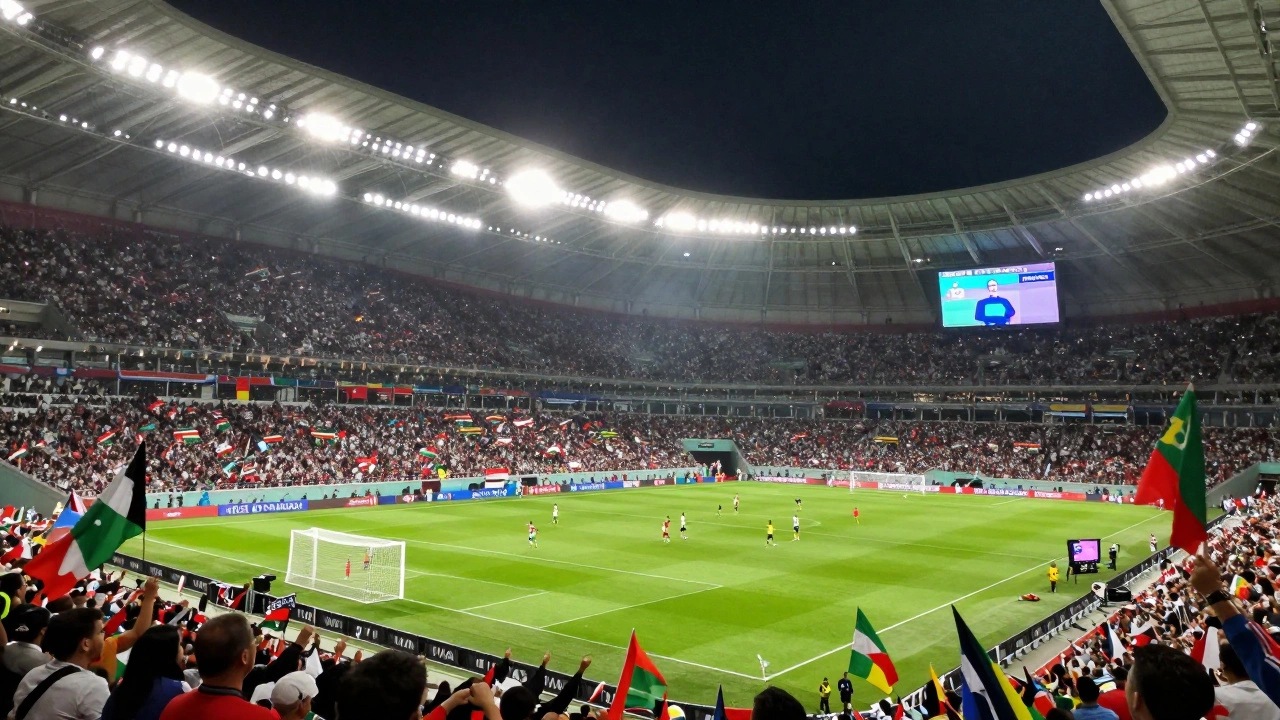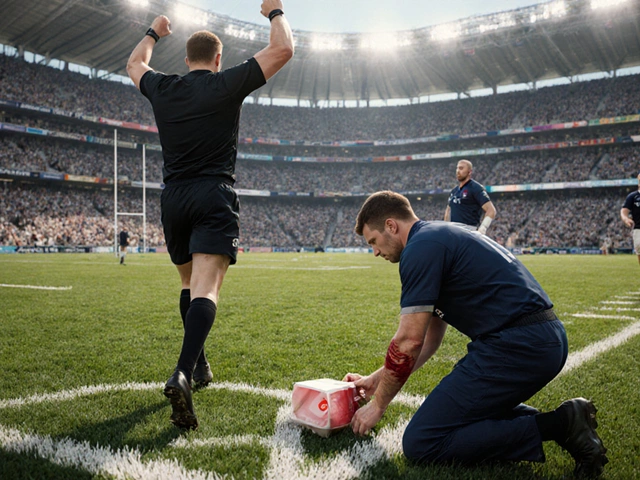Football
When working with Football, a team sport where two sides try to move a ball into the opponent’s goal, using mainly feet for the association code or hands for the gridiron code. Also known as soccer, it is a worldwide family of games that share the core idea of scoring by crossing a line. Football isn’t just a name; it’s a collection of codes that differ in field size, equipment, and scoring methods. The word first appeared in 14th‑century England to describe games played on foot, and later split when the United States created its own gridiron version in the late 1800s. This historical split means that a headline reading “football rules” could point to the off‑side law in England or the down‑and‑distance rule in America. Understanding that “football” can mean either “soccer” or “American football” clears up most of the mix‑ups you’ll encounter on TV guides, ticket sites, or casual conversation.
One major branch of the family is American football, the gridiron sport played with an oval ball, helmets, pads, and a scoring system based on touchdowns, field goals, and safeties. It requires a play‑calling strategy, a set of four downs, and a 100‑yard field plus end zones. Because its rules and equipment differ so much, fans in the U.S. often say “soccer” when they mean association football, keeping the two sports distinct in everyday speech. Across the Pacific, the naming puzzle takes another turn. In Japan, the sport is frequently referred to as Japanese football, a term that can describe either the global soccer code (J‑League) or the growing American gridiron league (X‑League), depending on context. Japanese media typically write “football” for soccer matches and reserve “American football” for NFL broadcasts, while the Japanese word “サッカー” (sakkā) is used for soccer and “フットボール” (futtobōru) for the gridiron version. Knowing which word to choose helps you sound like a local, whether you’re ordering a pint in Cardiff or chatting about a match in Tokyo.
Why the names matter
The naming conventions influence everything from ticket sales to coaching materials. A club advertising “football training” in the UK expects participants with a round ball and cleats, while an American facility using the same phrase will hand out helmets and shoulder pads. This semantic link also shows up in online searches – someone typing “football rules” might be after the off‑side law or the tackle‑down rule, depending on their region. Because of that, clubs and event organizers often add clarifying tags like “soccer drills” or “gridiron tactics” to reach the right audience. Our article collection below pulls together pieces that untangle these naming quirks, compare rulebooks, and give you practical tips for speaking the correct language wherever you play. Dive in to see how the terms shape the game and get ready to use the proper word the next time you join a match or watch a broadcast.
A FIFA match follows strict global rules set by the international football federation. Learn how these games differ from local matches, who plays in them, and why they matter beyond the scoreboard.
READ MORE
Soccer and football are the same game - just different names depending on where you are. Learn why the U.S. says soccer while the rest of the world says football, and what it really means for fans.
READ MORE
Confused by soccer vs football? Clear, quick guide on names, rules, field, scoring, and when to use each term in the US, Ireland, and worldwide.
READ MORE
Wonder if people in Japan say soccer or football? It's not as straightforward as you might think. This article breaks down how the sport is named across Japan, tracing where the terms come from and how they're used in daily life and media. We’ll look at language habits, cultural influences, and what to say so you sound like you know your stuff if you ever end up talking football in Tokyo. No fluff, just real answers.
READ MORE








